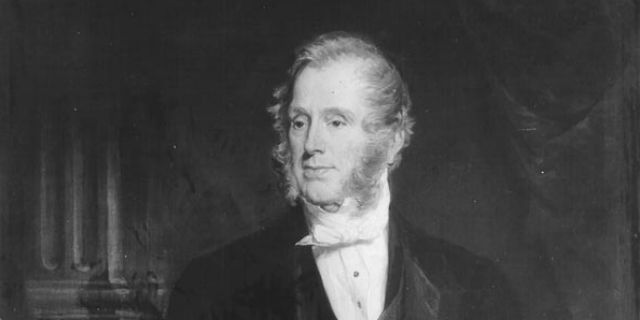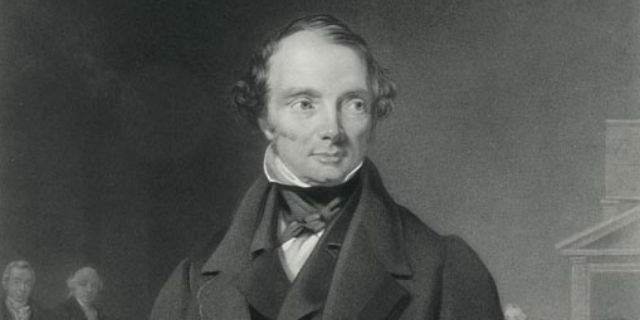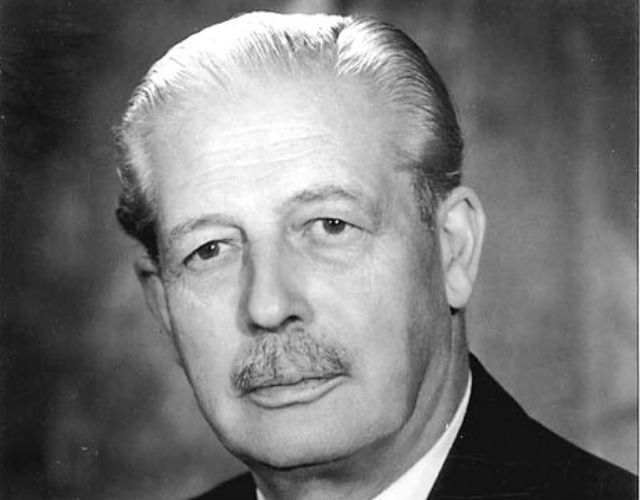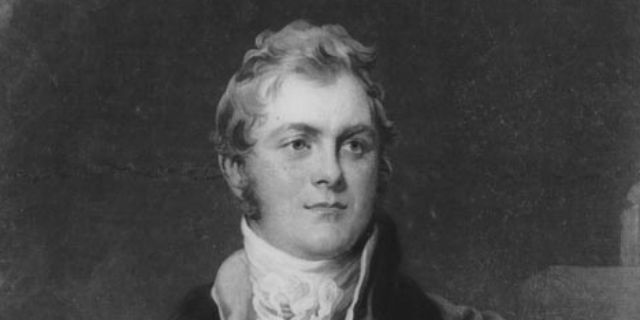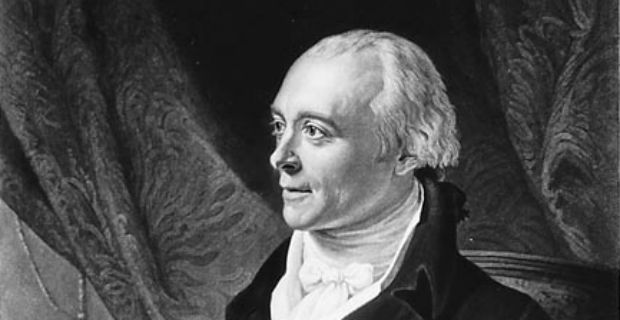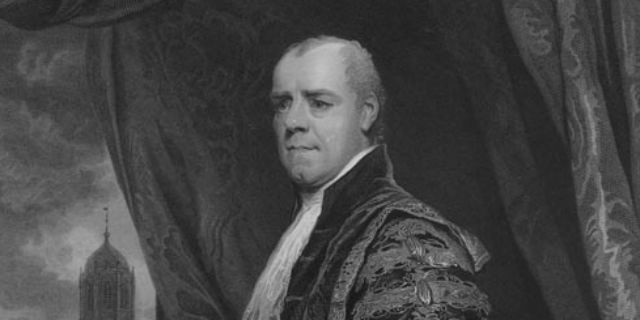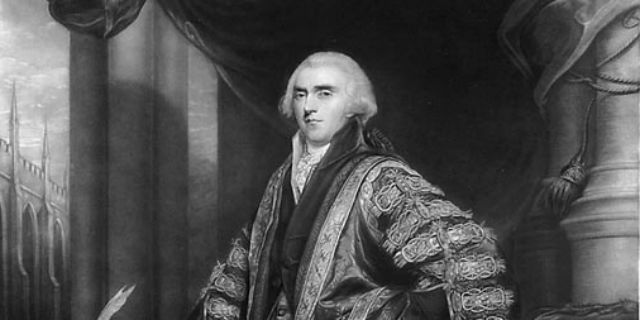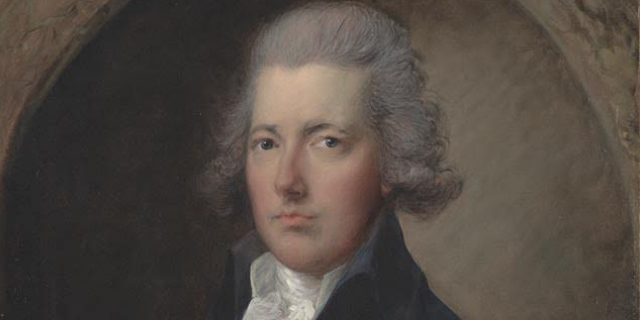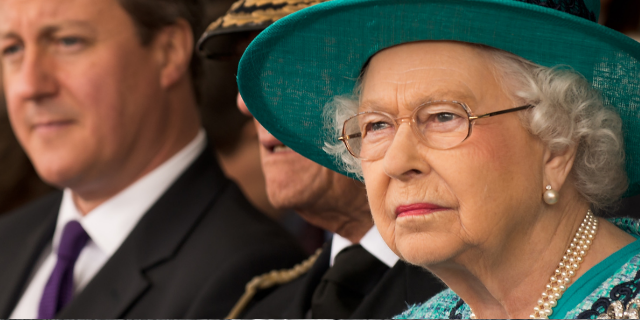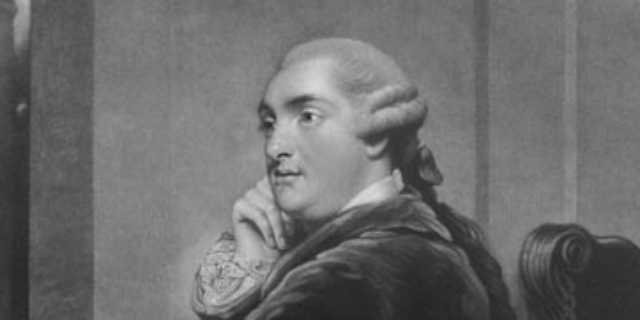Past prime ministers
This series of biographies of British Prime Ministers, from Sir Robert Walpole to Gordon Brown are written by members of History & Policy, a 500+ strong network of expert historians. These new, succinct bios will be published over the coming months.
Each describes the major issues facing the PM at the time, his or her successes and failures in office, as well as personal characteristics. The series will offer readers of the History of Government Blog clear analysis and interesting insights into how Britain’s Prime Ministers have ruled across nearly 300 years.
Viscount Palmerston was over 70 when he finally became Prime Minister: the most advanced age at which anyone has ever become Prime Minister for the first time. Holding a large number of offices during the course of his career, he …
Lord John Russell was prime minister for over six years, from 1846 to 1852 and from 1865 to 1866. He also led the government in the House of Commons for a further eight years during the premierships of Viscount Melbourne …
...be used to illustrate Macmillan’s political techniques, such as his use of the launch of the Russian satellite Sputnik in 1957 to drive the resumption of nuclear information sharing with...
Frederick John Robinson was the younger son of the 2nd Baron Grantham, and was raised mainly by his mother, the daughter of the 2nd Earl of Hardwicke, after his father died when he was three years old. He was educated …
...religious beliefs as an evangelical Anglican underpinned his interest in strict observance of Sunday as a day of devotion, explorations of the prospective date of Christ’s second coming, familial devotion...
William Wyndham Grenville was born on 24 October 1759 in Buckinghamshire, the youngest son of an earlier Prime Minister, George Grenville, and cousin of a future one, William Pitt. He...
...1801 over the issue of Catholic Emancipation, both Pitt and George III identified Addington as the obvious successor. In office he declared the pursuit of peace as his government’s priority,...
William Pitt (the younger) was born on 28 May 1759 at Hayes Place, Kent, the second son of William Pitt (the elder), later 1st Earl of Chatham and himself Prime Minister. He matriculated at Pembroke College, Cambridge at the age …
...the Queen did not find Macmillan easy to deal with. He was unsure whether the Prime Minister’s annual visit to Balmoral was a social occasion, with ‘talking shop’ relegated to...
...April 1738 Died 30 October 1809, Bulstrode, Buckinghamshire Dates in office 1783 to 1783, 1807 to 1809 Political party Whig Major acts Treaty of Paris 1783: formal end to American...
